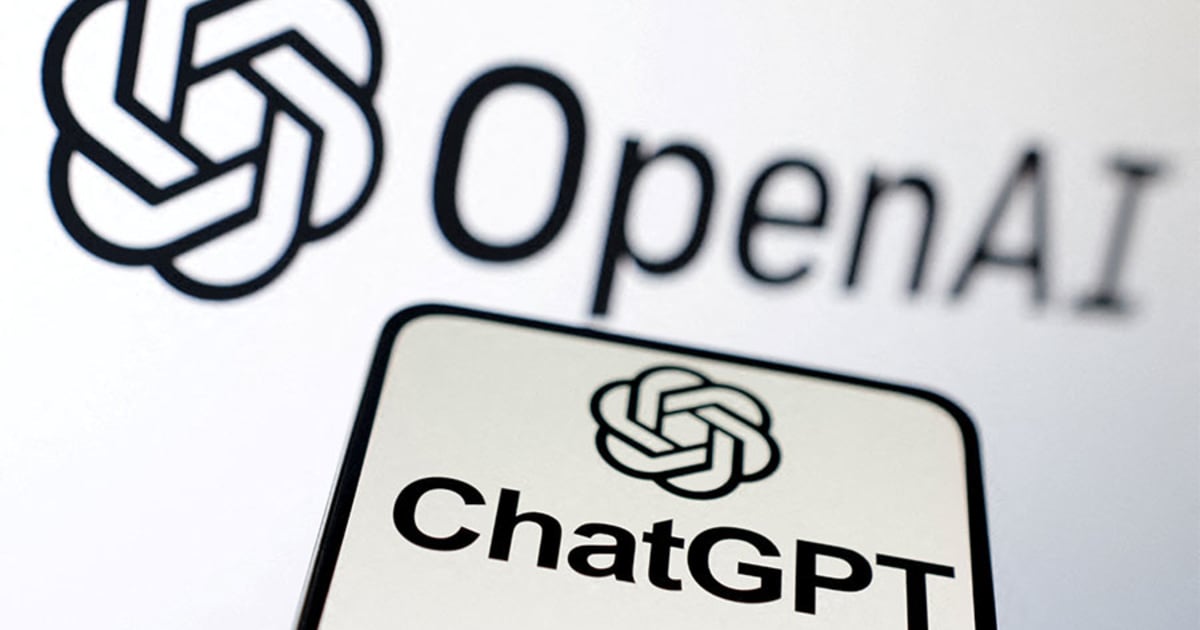
Numerous industries have been experimenting with the artificial intelligence-driven conversational chatbot, ChatGPT, since it debuted late last year. Users have applied the technology to create fitness and diet plans, write emails and job postings, talk with customers and even write code — with varying degrees of success.
Auto dealers are dipping their toes in this highly intelligent technology, and for now at least, that’s as deep as they should go.
Dealers told Automotive News they are using the tool to automate sales correspondence and write grammatically correct memos and job postings. ChatGPT could improve customer service by responding more quickly than a sales associate who is handling multiple deals. In some cases, dealers say ChatGPT can craft a message better than employees can.
ChatGPT can help at the starting point in the car-shopping process, but it is not the endgame. Once contact is made and simple questions are answered, dealership employees should take over.
Auto retail is and always will be a relationship business. Even though much of the sales process can take place online, customers expect a level of personalization for such large purchases.
They also expect their information to be protected.
Information entered into ChatGPT may become part of its training data set if the chat history is not disabled.
Conversations on customer finance are private — and should stay offline and away from a bot with no conscience.
Apple, Samsung, Amazon, Verizon and others have limited their employees’ use of the technology out of privacy concerns.
Dealerships have a mass of customer data that could be at risk if they over-rely on ChatGPT or allow customers to give the bot personal or sensitive information.
Chatbots can also be unreliable, especially as vehicle incentives change. And without the proper parameters, the bot could propose an option that would be negative to a dealers’ business. A dealership vendor said ChatGPT has accidentally promoted competitors.
As a communications tool, ChatGPT can improve efficiency for dealers. But when a conversation starts becoming a transaction, an employee needs to be there.

